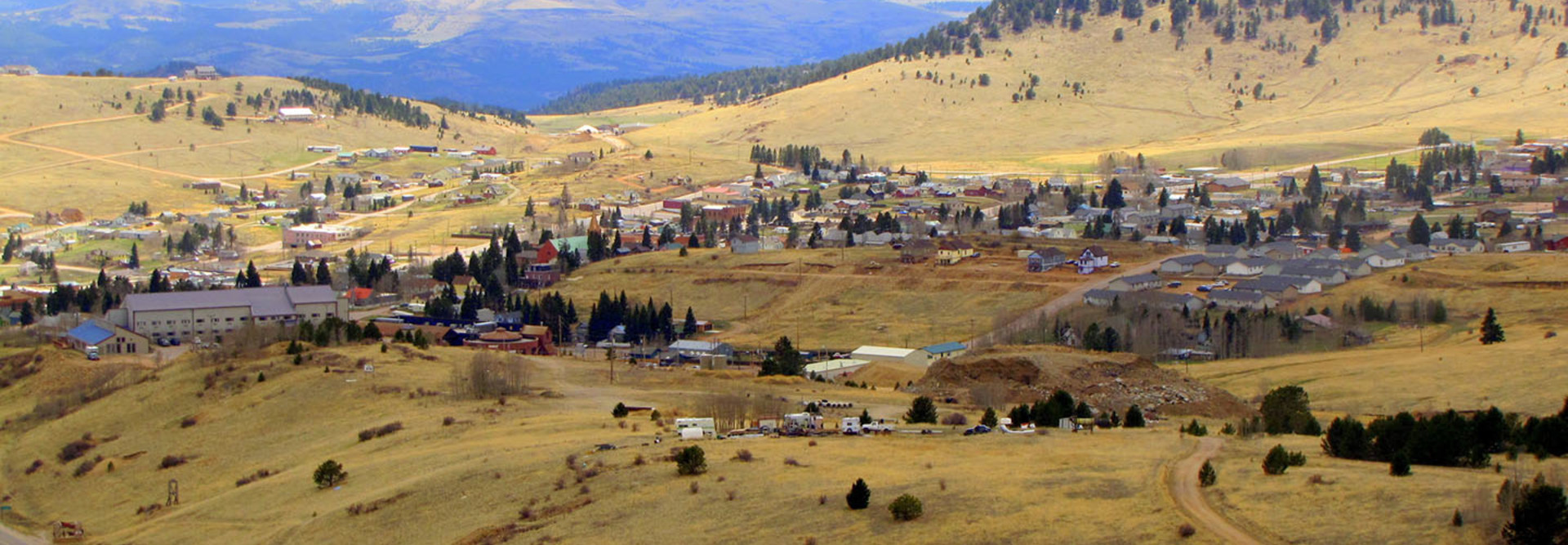Colorado Localities Vote to Take Control of Municipal Broadband
The idea that broadband internet access should be a service distributed by municipalities is catching on in many localities across the country.
While most people were focused on casting their votes for their preferred presidential candidate this past election cycle, several municipalities in Colorado voted to take control of their broadband access, reports GovTech.
Voters in more than 20 local municipalities chose to take back control and potentially help bring broadband Internet service to rural areas.
Voters in several Pikes Peak region municipalities went to the polls Tuesday and chose to opt out of a 2005 state law that restricted local governments from helping bring high-speed communications technology to more rural areas. Among those were Cripple Creek, Green Mountain Falls, Victor, Woodland Park and Teller and El Paso counties.
More than 20 municipalities voted Tuesday to reclaim local communications authority. That group joins more than 50 others that opted out of the legislation in recent years.
The need to bring quality, affordable, high-speed internet access to rural communities is something that StateTech has covered in the past.
In rural states like Kentucky, where up to 25 percent of the population has no internet access, providers must explore ways to bridge the lonely miles between towns.
To help, the KentuckyWired project (also known as Kentucky I-Way in eastern Kentucky) is building a bridging backbone that will cost $350 million over the next 30 years. As parts of the backbone become established, private providers can lease capability to provide service to rural towns across the state. It’s a similar idea to how the first railroad networks were built and a model that could serve other states.
Increased broadband connectivity can be a boon for smaller cities too, such as Chattanooga, Tenn., which now proudly calls itself Gig City. StateTech spoke with city leaders earlier this year to understand how the city ended up providing its own broadband access and what it has gained along the way.
The city’s network came about somewhat unintentionally when officials modernized the power grid by laying a fiber network throughout its 600-square-mile service area.
“We knew that high-speed Internet would also be critical infrastructure in the future, so we decided to try to also make the network available to the community,” says Danna Bailey, EPB’s vice president of corporate communications.
More than 75,000 Chattanooga residents and businesses obtain broadband from the municipal utility. “Our service is by far the fastest,” Bailey says. Chattanooga’s broadband initiative has yielded results. According to an independent study by Bento Lobo, a finance professor at the University of Tennessee-Chattanooga, the network has generated between $865 million and $1.3 billion in economic and social benefits while also creating as many as 5,200 new jobs.
So in striking out on its own, Colorado’s 20 municipalities are joining a rising tide in states and localities, as broadband access is increasingly being viewed as a community asset worth investing in and managing efficiently and smartly.









